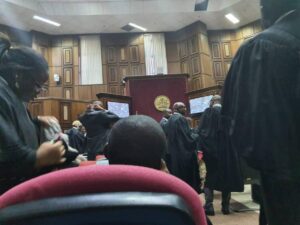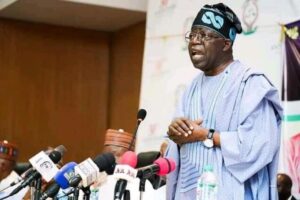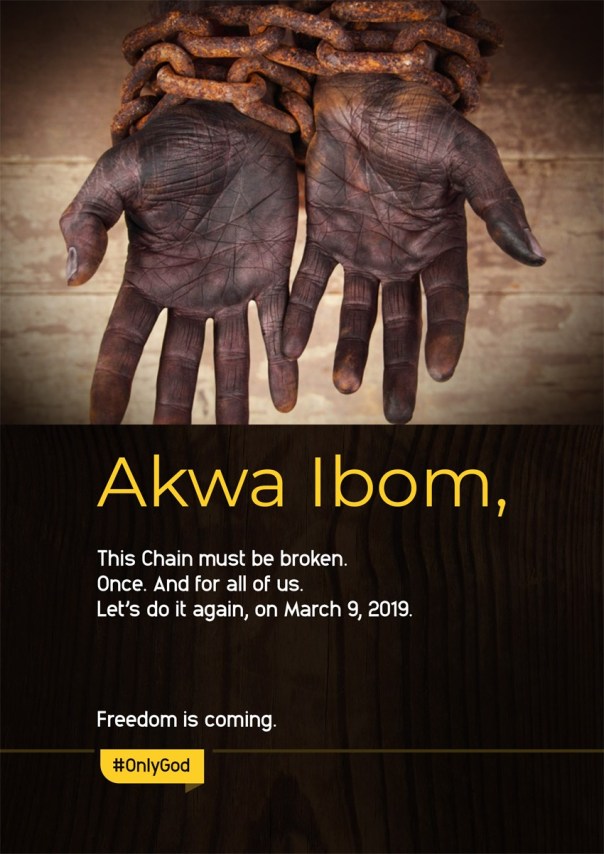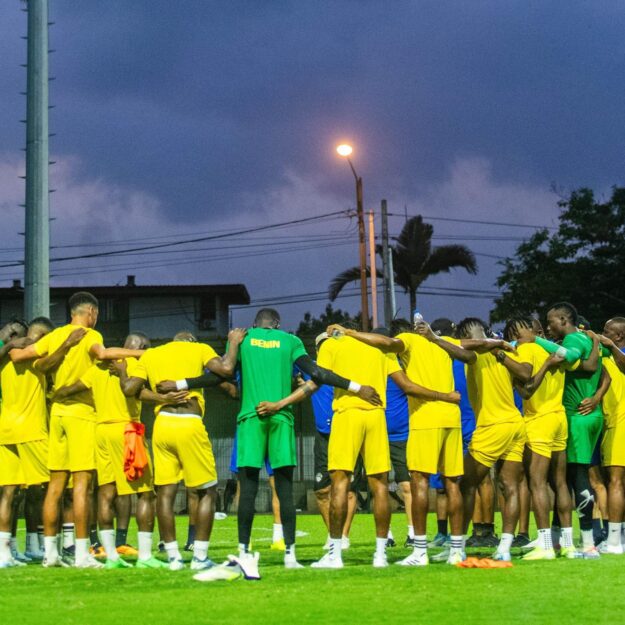Following the just-concluded presidential and National Assembly election which saw the incumbent president, Muhamadu Buhari, get a second term mandate, two domestic election observers have released their findings.
The Independent National Electoral Commission (INEC) on Wednesday morning declared Mr Buhari the winner of the rescheduled election.
Mr Buhari polled 15,191,847 votes to defeat the candidate of the opposition Peoples Democratic Party (PDP), Atiku Abubakar, who scored 11,262,978 votes.
Mr Abubakar has since rejected the results and will be heading to court.
YIAGA
The YIAGA Africa Watching The Vote (WTV), an accredited observer for the 2019 general elections, in its report, urged Nigerians to have confidence in the official results announced by INEC.
But YAIGA Africa also asked INEC to explain the discrepancies between the number of registered voters announced before the election and during collation.
The group, on Wednesday, at a press conference superintended by Hussaini Abdu, said the issues are of pressing concern to the Nigerian people.
According to the WTV chair, he said the 84 million registered voters published by INEC, “did not align with the figures announced by the state returning officers at the national collation centre.”.
The group based its findings on its Parallel Vote Tabulation (PVT) process and the report received from its deployed 822 mobile WTV observers and 46 Voting Point observers, “with a team of eight special members from polling units across the country”.
It said the commission’s figure did not align with 82,344,125 registered voters that was published by INEC before the election.
”Prior to 23 February 2019, INEC clearly communicated that 84,004,084 voters were registered and publicised state by state breakdowns of this figure.
”The number of registered voters announced by the state returning officers at the national collation centre did not align with the figures published before the election,” he added.
”The overall number of registered voters as announced dropped by 1,659,959 voters to a total of 82,344,125 registered voters,” he said.
He further urged INEC to provide an in-depth explanation for the discrepancy.
He, however, noted that the differences do not affect the election outcome and should not undermine public confidence in the announced results.
YIAGA AFRICA also said the canceled ballots recorded in the 2019 general elections, “which was four times higher than the rate from 2015″, also had no impact on the overall outcome of the elections.
”Overall, the percentage of cancelled ballots announced by INEC was 3.3mper cent of all registered voters. This is four times higher than the rate from 2015 when registered voters in canceled polling units were less than 1 per cent of all registered voters, the group said.
CODE
Meanwhile, the second group, Connected Development (CODE), also an accredited observer for the general elections, at a press conference in Abuja, on Thursday, urged INEC to decentralise its activities to avoid logistics and operational challenges.
The Head of Mission, Election Observation Team, Hamzat Lawal, made the call during the presentation of its final report on the elections
Mr Lawal also commended the efforts of the electoral commission.
”But CODE suggests that in order to enhance confidence in the election process, INEC’s complete autonomy must be strengthened to ensure it provides more effective and objective electoral process.
”We seek to see an INEC that is decentralised to avoid issues of logistics and operational issues.
”We, however, commend INEC, for allowing the will of the people to be heard, and for remaining firm on her duty regardless of pressure from political actors that want to truncate the electoral process,” Mr Lawal said.
Mr Lawal, however, chided the electoral commission over its poor level of preparedness to conduct violence-free elections describing it as ”disheartening”.
”As an accredited observer, we are disheartened at the poor level of preparedness shown by the Independent National Electoral Commission [INEC] to conduct a violence-free election, despite the week-long postponement of the election to allow for adequate logistics and security readiness.”
Mr Lawal said with its use of Uzabe technology, Open Situation Awareness Room (OSAR), it recorded violence, vote buying and underage voting and these marred the electoral processes in states across the country.
”Uzabe recorded issues of electoral violence, voter suppression, security personnel and party agents influencing ballots of voters, vote buying, underage voting and destruction of voting materials in Lagos, Bayelsa, Rivers, Kogi, Taraba, Bauchi, Kebbi, Borno and Yobe, leading to the death of civilians.
”CODE strongly condemns election-based violence which resulted in the burning of thumb-printed ballot papers in Isolo local government area in Lagos; the killing of a young voter at a polling unit in Dekina Local Government, Kogi State; death of two persons in Nembe, Bayelsa and the death of 16 persons in Rivers and injuries of citizens.”
You may be interested

My Goal Was To Achieve Success With Ten Hag At Man United –De Ligt
Webby - November 14, 2024Netherlands international Matthijs de Ligt has suggested Erik ten Hag didn’t get the breaks he needed to keep his job…

I Want To Take My Game To New Level –Lookman
Webby - November 13, 2024Super Eagles winger Ademola Lookman has reiterated his commitment to take his game to the next level.The Nigerian international, who…

AFCON 2025Q: Benin Republic Hit By Another Injury Blow
Webby - November 13, 2024Benin Republic will be without two more players for their 2025 Africa Cup of Nations qualifying matches against Nigeria and…

























![American Pastor, David Wilson Seen Eating The Box Of Woman Who Isn’t His Wife [Video]](https://onlinenigeria.com/wp-content/uploads/2019/10/american-pastor-david-wilson-seen-eating-the-box-of-woman-who-isnt-his-wife-video-150x150.jpg)









Leave a Comment